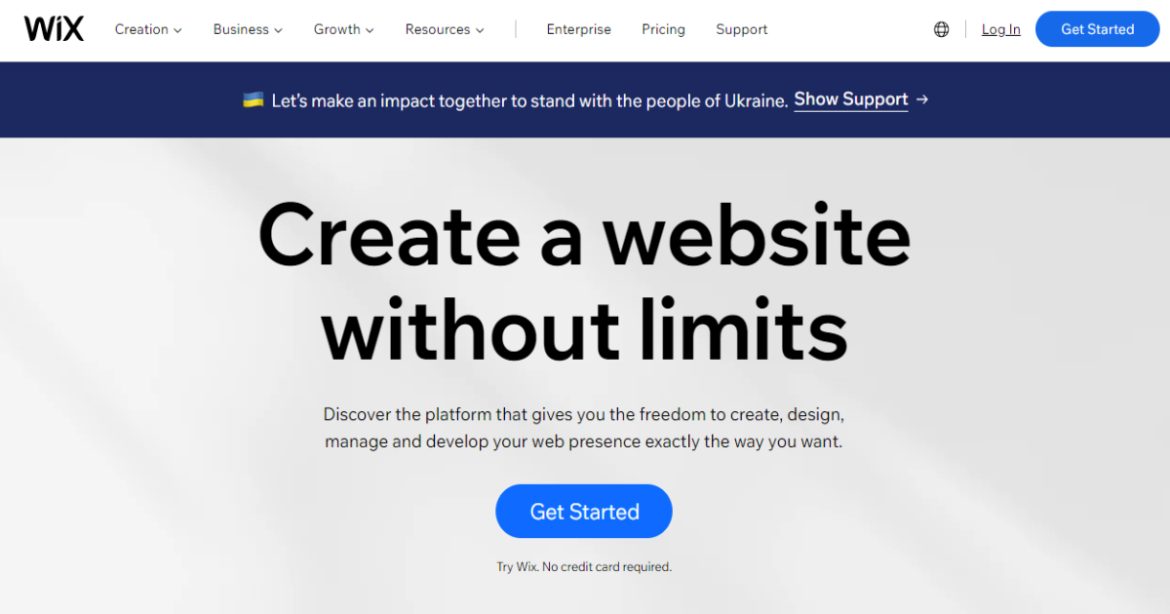In today’s digital-first world, having a high-performing website is non-negotiable for businesses and individuals alike. However, designing a professional, user-centric site traditionally requires a significant investment of time, money, and technical skill. Fortunately, with the rapid advancement of artificial intelligence, accessible and free AI web design tools now offer powerful alternatives that help users create attractive, functional websites quickly and affordably.
Whether you’re an entrepreneur, small business owner, or content creator, free AI web design tools can be game-changers. These tools not only streamline the design process but also eliminate many of the common barriers faced by those without formal design or coding experience.
Why AI Is Revolutionizing Web Design
Artificial intelligence is transforming web design by automating tasks that previously required expert attention. From generating layout concepts to optimizing code and content for performance and SEO, AI tools are reducing the complexity of website development in profound ways.
Here are a few reasons why AI-driven tools are increasingly being adopted:
- Speed: AI significantly reduces the time it takes to design and deploy a website.
- Cost-effectiveness: Many tools are free or low-cost, making professional design accessible to all.
- User-friendliness: Most tools have intuitive, drag-and-drop interfaces and offer step-by-step assistance.
- Scalability: Sites created with AI tools can start small and expand as needs grow.
Top Free AI Web Design Tools in 2024
Below is a selection of trustworthy and effective free AI web design tools that offer robust features without stretching your budget.
1. Wix ADI (Artificial Design Intelligence)
Wix ADI is one of the pioneers in AI web design. It asks users a series of questions about their business and preferences, then automatically generates a fully customized website based on the responses. The tool is ideal for users who want a quick, streamlined start to building an online presence.
- Pros: Intuitive interface, responsive design, built-in SEO tools.
- Cons: Limited customization options compared to advanced design platforms.
Best for: Small business owners, freelancers, and non-profits.

2. Bookmark’s AIDA
AIDA (Artificial Intelligence Design Assistant) from Bookmark uses AI algorithms to create personalized websites in under two minutes. Users simply provide details about their industry and desired features, and AIDA takes care of the rest. It supports ecommerce, blogs, portfolios, and more.
- Pros: Very quick setup, mobile-friendly designs, modern UI.
- Cons: Limited design flexibility for niche design needs.
Best for: Entrepreneurs and creatives needing visually appealing websites fast.
3. Zyro AI Website Builder
Zyro, a subsidiary of Hostinger, delivers a well-rounded AI-driven web building experience. It offers AI-powered content generation, layout design, logo creators, and even heatmap analysis to track user behavior. For those aiming to launch an ecommerce store or blog, Zyro is an efficient choice with a free plan for basic websites.
- Pros: Includes AI writing tools, beautiful templates, fast loading speeds.
- Cons: Free plan is limited; some features require paid upgrades.
Best for: Bloggers, ecommerce startups, and digital marketers.

4. Jimdo Dolphin
Jimdo Dolphin simplifies web design with its AI builder that guides users through a questionnaire and creates custom sites within minutes. Jimdo is particularly well-suited for freelancers and artisans who need smaller, elegant websites without a steep learning curve.
- Pros: GDPR-compliant, mobile optimization, social media integration.
- Cons: Not suitable for complex, large-scale sites.
Best for: Self-employed professionals and local businesses.
5. Durable.co AI Website Builder
Durable offers a truly remarkable AI-powered solution focused on building one-page business websites instantly. The platform asks for a business name and a few keywords, and in less than a minute, it generates a page complete with images, about sections, and calls to action. Despite being a relatively new entry, it has rapidly gained popularity due to its simplicity and stunning output.
- Pros: Extremely fast, clean layouts, automatic content generation.
- Cons: Limited to one-page websites in its free version.
Best for: Quick project launches, service landing pages, and MVPs.
Maximizing Time and Cost Savings with AI Tools
Beyond just building a website, many AI tools have incorporated features that maximize both efficiency and savings. Here are ways AI tools are helping users get more value with less input:
1. AI Content Generation
Tools like Zyro and Wix incorporate AI text generators, helping users fill blogs, product descriptions, and service explanations. This eliminates the need to hire copywriters or spend hours writing content from scratch.
2. Visual Design Assistance
AI-based platforms offer automated color palettes, font pairings, and layout arrangements based on branding inputs, helping users nail professional-looking sites without needing graphic design skills.
3. SEO Optimization
Many platforms have SEO advisors powered by AI. These audit website structure, suggest metadata improvements, keyword usage, and loading speed enhancements. These built-in features reduce the need for separate SEO consultants.

4. Analytics Integration
Some tools, like Zyro and Bookmark, offer visual heatmaps and user journey maps to improve UX design and content placement, making it easier to adjust content based on visitor behavior.
Who Should Use These Tools?
Free AI web design tools are an excellent option for:
- Startups that need a functional website on a tight budget
- Consultants and freelancers establishing an online portfolio
- Local service providers looking to attract nearby customers
- Non-profits seeking to increase their awareness online
- Early-stage ecommerce brands testing product-market fit
However, for large-scale businesses or enterprises with unique and complex functionality needs, traditional web development methods may still be more appropriate. Yet, even in such cases, AI tools can supplement internal teams by automating repetitive tasks like testing, content creation, and feedback collection.
Security and Reliability Considerations
While free tools offer huge benefits, users must also consider data protection, hosting limits, and platform sustainability. Choose AI builders from well-established brands that encrypt user data and regularly update their systems. Reading user reviews and staying updated via industry blogs can also provide insights into which free tools are reliable for long-term use.
The Future of AI in Web Design
The integration of AI into web design is only becoming deeper. As natural language processing, machine learning, and computer vision technologies progress, we can expect even more sophisticated features in free tools including voice-driven website creation, dynamic content personalization, and real-time UX adaptation based on user behavior.
These advances will continue to make web design more inclusive, leveling the digital playing field for businesses and creators who previously couldn’t afford traditional development paths.
Conclusion
Free AI web design tools are more than just a tech trend—they are ushering in a new era of inclusive digital access and business agility. By choosing the right AI-powered tool, users can achieve professional-quality websites without the cost and complexity that once defined web development. Whether for a side hustle, passion project, or full-fledged business, embracing these technologies now places you at the forefront of how modern websites are built.
